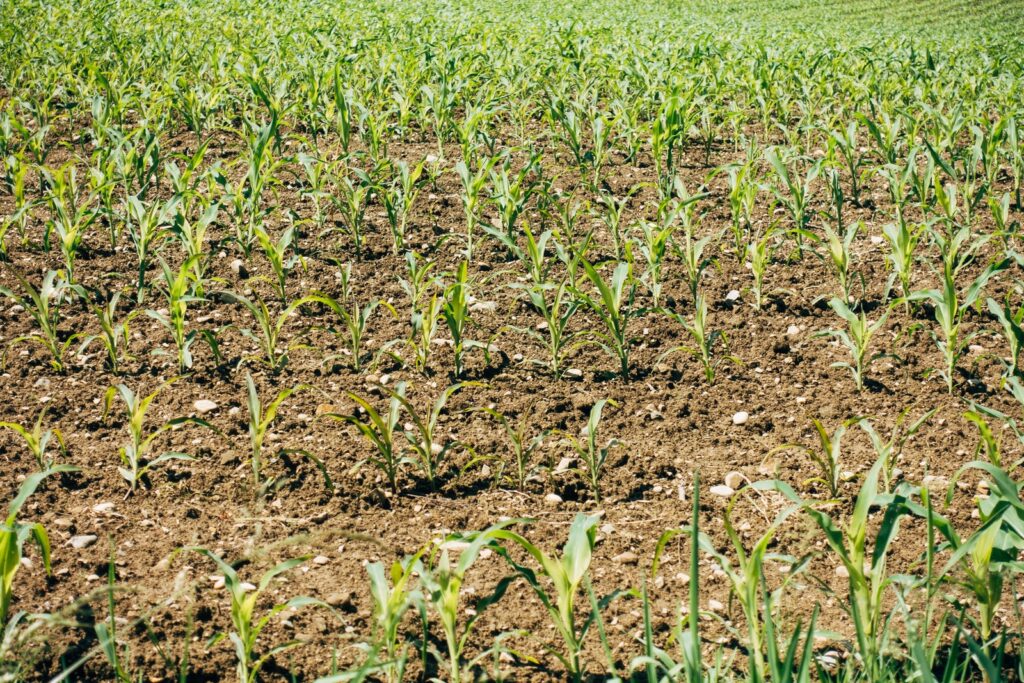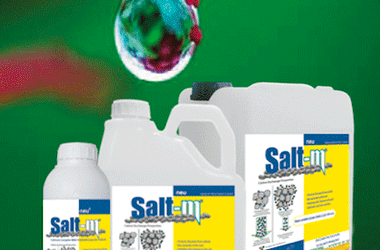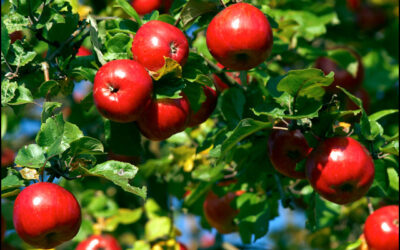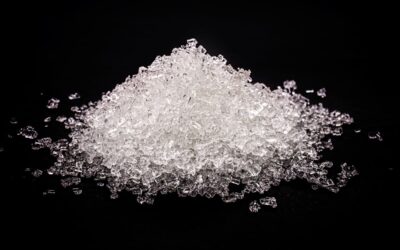Powder Fertilizer
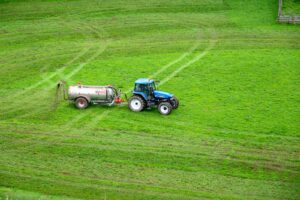 Organic powder fertilizer contains the nutrients necessary for the plant, and it contains minerals and vitamins that the soil needs. It facilitates the uptake of plant nutrients by regulating the physical and chemical structure of the soil. These organic fertilizers are obtained from wastes or by-products of living things. Organic fertilizers also vary according to their structure. There are organic fertilizers in powder and liquid form.
Organic powder fertilizer contains the nutrients necessary for the plant, and it contains minerals and vitamins that the soil needs. It facilitates the uptake of plant nutrients by regulating the physical and chemical structure of the soil. These organic fertilizers are obtained from wastes or by-products of living things. Organic fertilizers also vary according to their structure. There are organic fertilizers in powder and liquid form.
Organic powder fertilizer is in powder form by nature and can be added to the soil to increase the nutrient amount of the soil. It regulates the structure of the soil where synthetic fertilizers were used before and ensure that the negative effects are reversed. The structure of the soils, where chemical fertilizers have been used for years, has deteriorated and has become unproductive. The best powder fertilizers organize and treat the soil in a natural way.
Powder fertilizers are the most important factors that keep water and oxygen in the soil, and also accelerate the activities of microorganisms that absorb nutrients. Organic fertilizers should be used to re-establish the natural balance and reorganize the ecological system. Recently, conscious production is more prominent. Therefore, both the consumer and the producer attach great importance to the use of powder fertilizers. This ensures that both the soils are healthy and the individuals are healthy. Chemical fertilizers harm the soil and nature. It harms both plants and soil as well as individuals. In fact, scientific studies have emerged that individuals change their DNA structure. In this context, the use of organic fertilizers is important in terms of soil and healthy for humans.
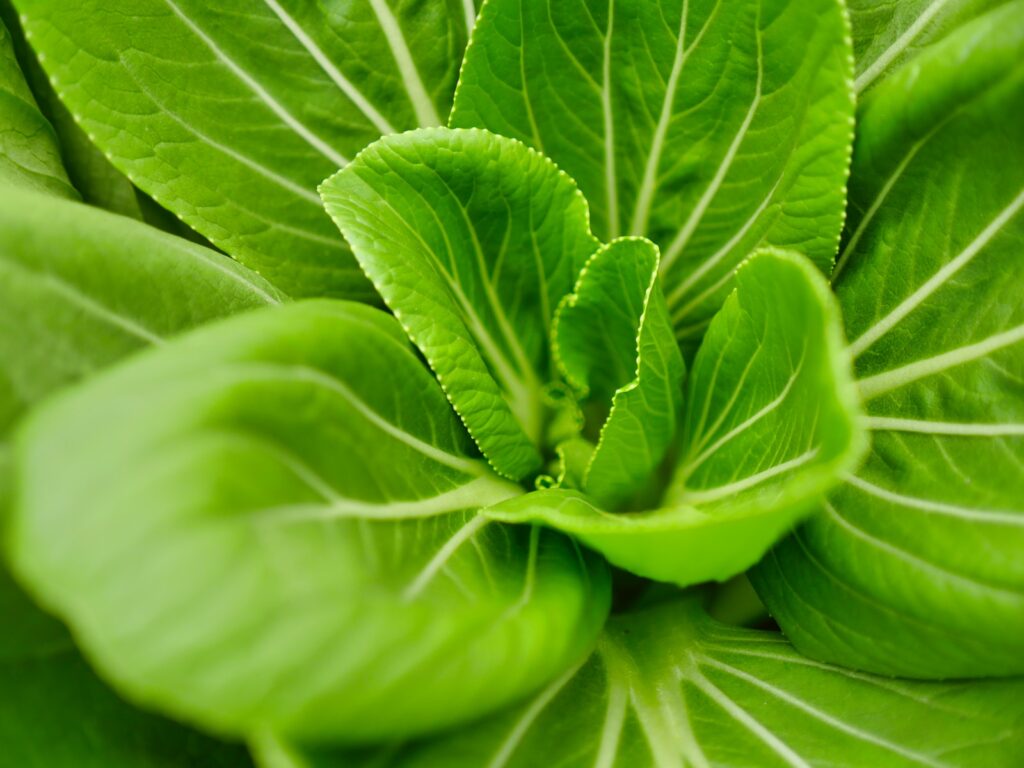 Powder Fertilizer Types
Powder Fertilizer Types
Powder fertilizers can be divided into organic or chemical. They are advantageous in terms of mixing with the soil. When mixed directly with the soil, the nutrients in the fertilizer are added to the soil. With irrigation, nutrients are taken from the roots. Since the fertilizer is in a small powder-like structure, it mixes easily with the soil. At the same time, it can be easily taken into the plant body. If the fertilizer was in a larger structure rather than powder, it would be very difficult for the plant to absorb the fertilizer and even the nutrients would not mix with the soil. Powdered fertilizers mix with the soil and they are taken into the plant with the roots of the plants.
Fertilizer types vary due to their different structures and contents. In this context, synthetic, chemical, and organic fertilizers show differences. Producers can get help from these fertilizers and start using them in order to provide efficiency. Among them, organic fertilizers are the most advantageous. These fertilizers are also available in powder and liquid form. At the same time, they can be diversified according to the composition of different substances. Powder organic fertilizer has no harm to the soil and the plant. As long as the amount used is not excessive, the soil is regulated and the plant gains health.
Fertilizer prices are now extremely affordable. The yield obtained is many times higher than the price given to the fertilizer. Therefore, it should not exceed the amount paid for fertilizers.
Powder Fertilizer Benefits
The most important benefit of powder fertilizers is that it is suitable for soil structure. The desired yield can be obtained by mixing it with the soil in certain proportions. It is much more advantageous than solid fertilizers. While it is expected that the fertilizer will break down and mix with the soil in solid fertilizers, such a process is not encountered in powder fertilizers. At the same time, liquid fertilizers can be easily used on soil and leaves. Seaweed, which is among the organic fertilizers, ensures the revival of the plant and the quality of the product obtained. Seaweed fertilizers are also available in liquid or powder form.
The benefits of powder fertilizers are countless. For this reason, the use of powder fertilizers is prohibited in many countries, especially in the United Arab Emirates, the Netherlands, Qatar, Israel, Iraq (especially Erbil), and Pakistan. It regulates the soil and increases the water-holding capacity of the soil. As the water holding capacity increases, the soil becomes moist. In this way, nutrient uptake is easily provided to the plant by the roots. At the same time, it keeps the soil warm, which causes frost to occur. If humic and fulvic acids are included in their structure, the hair and root structure of the plant is strengthened. When this structure is strengthened, it is ensured that the plant is firmly held in the soil. The resistance of the plant, which is firmly attached to the soil, increases and it gains strength.
The more powder organic fertilizers are used, the more quality of the soil is increased. The soil becomes loose and at the same time, the formation of a dry layer on it is prevented. There are usage rates according to the type of plant to be used. It should be used in accordance with these ratios. Too much use will not be suitable for the plant.
